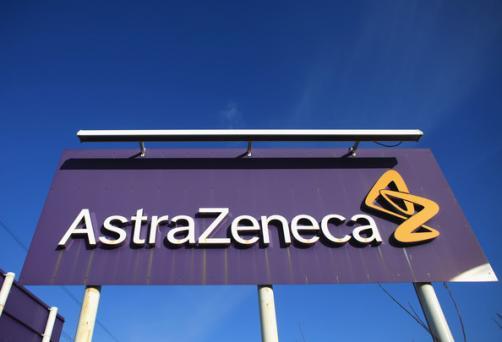AstraZeneca builds in cancer ADCs again, with LaNova deal

AstraZeneca has looked to China for another antibody-drug conjugate (ADC) candidate for cancer, paying $55 million for rights to a preclinical candidate from Shanghai-based LaNova Medicines.
The ADC – called LM-305 – binds to GPRC5D, which has emerged as a potential target for blood cancer multiple myeloma. LaNova already has approval to start clinical trials of the drug in the US and China, and reckons it has a shot at bringing the first ADC against the target through development.
At the moment, Johnson & Johnson is out in front among drugmakers trying to bring GPRC5D-directed drugs to market with bispecific antibody talquetamab, which has already been filed for accelerated approval in the US. It is closely followed by a bispecific antibody from Roche (forimtamig) and Bristol-Myers Squibb’s CAR-T BMS-986393.
Along with $55 million in upfront and near-term payments, AZ has pledged up to $545 million in development and commercial milestone payments, as well as royalties, in return for an exclusive global license to LM-305.
“We are confident that AstraZeneca is the ideal company to advance LM-305 for the betterment of patients globally,” said Dr Crystal Qin, founder, chairman, and chief executive of LaNova. The four-year-old Chinese biotech also has a licensing agreement in place with BMS for LM-302, an anti-Claudin18.2 ADC in early clinical development.
The UK-headquartered big pharma has been building a portfolio of ADCs in oncology, headed by Daiichi Sankyo-partnered Enhertu (trastuzumab deruxtecan), a HER2-directed drug that is already approved for a range of indications across breast cancer, gastric cancer, and non-small cell lung cancer (NSCLC).
Sales of Enhertu rocketed almost 190% last year to $1.2 billion, according to data from biochempeg. Meanwhile, AZ has also licensed a TROP2-targeting ADC from Daiichi Sankyo – dapotamab deruxtecan – that it hopes will challenge Gilead Sciences’ rival ADC Trodelvy (sacituzumab govitecan) in indications like triple-negative breast cancer.
“LM-305 advances our leadership in ADCs and enriches our growing haematology pipeline, helping us deliver against our broader ambition to transform clinical outcomes for patients living with blood cancers,” commented Nina Shah, AZ’s global head of multiple myeloma R&D.
The licensing deal is also further evidence of the emerging strength of China in cutting-edge pharma technologies. At the end of last year, Merck & Co paid $173 million upfront – with a whopping $9.3 billion at the back end – for rights to up to seven ADCs developed by Chinese biotech Kelun-Biotech.












